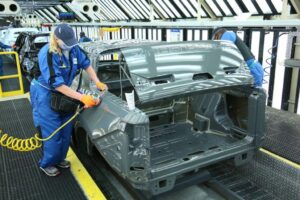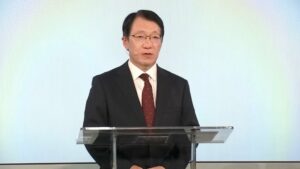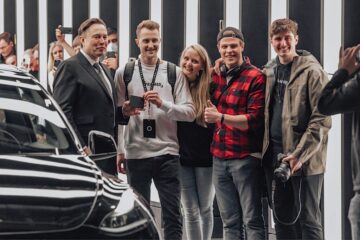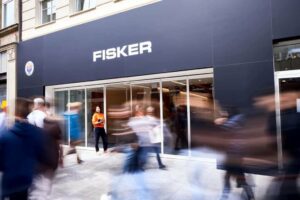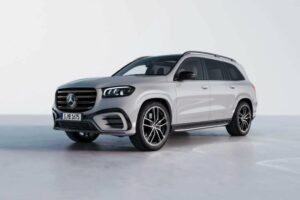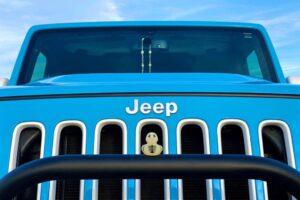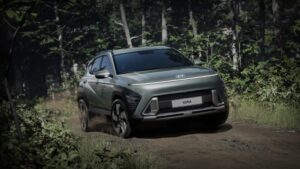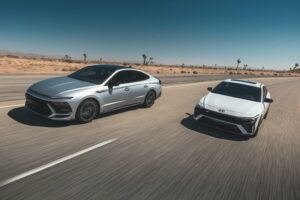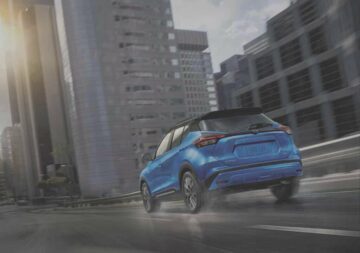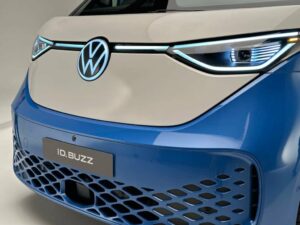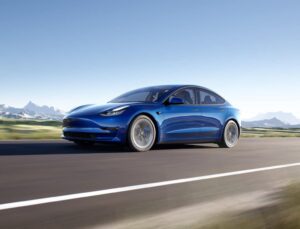South Korea levied a $2.2 million fine against Tesla for failing to tell consumers the vehicles will lose some range as the temperature outside dips — a common issue for electric vehicles.
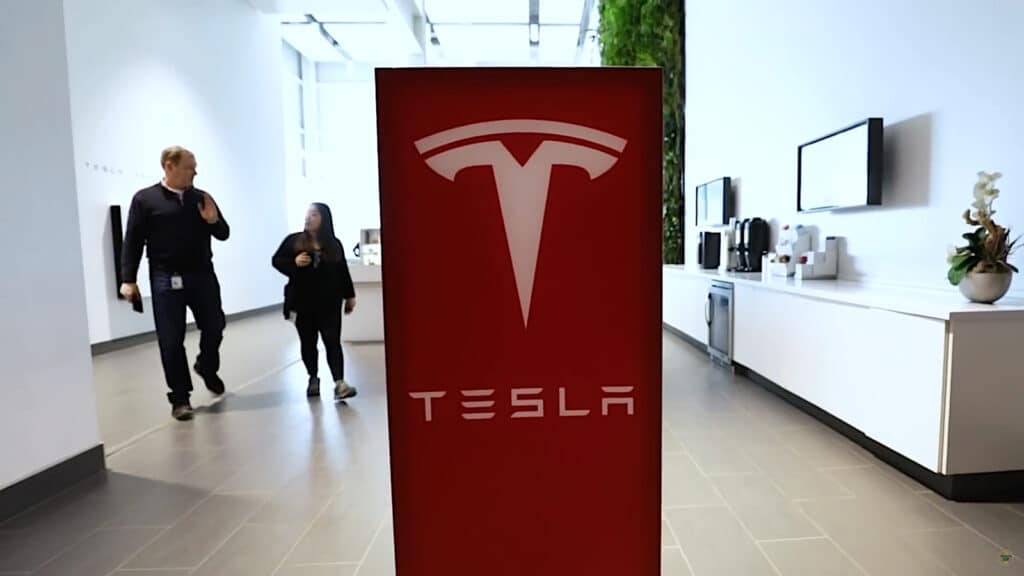
The Korea Fair Trade Commission, or KFTC, said the EV maker offered inflated estimates of the range of its vehicles on a single charge as well as “their fuel cost-effectiveness compared to gasoline vehicles as well as the performance of its Superchargers,” reported Reuters.
The agency cited the exaggerated numbers have been used on Tesla’s website since August 2019, only changing recently. The driving range of Tesla’s vehicles drop by as much as 50.5% compared to the numbers offered online, the KFTC said in a statement on Tuesday.
The EV maker does provide some suggestions on its website on how to best deal with colder temperatures, including pre-conditioning the vehicles with external power sources and more. However, it fails to mention the significant loss of range.
Not the only spat
Tesla’s fine is just the latest in a long series of issues it’s run into with regulatory agencies in China, Germany and, in particular, the U.S.
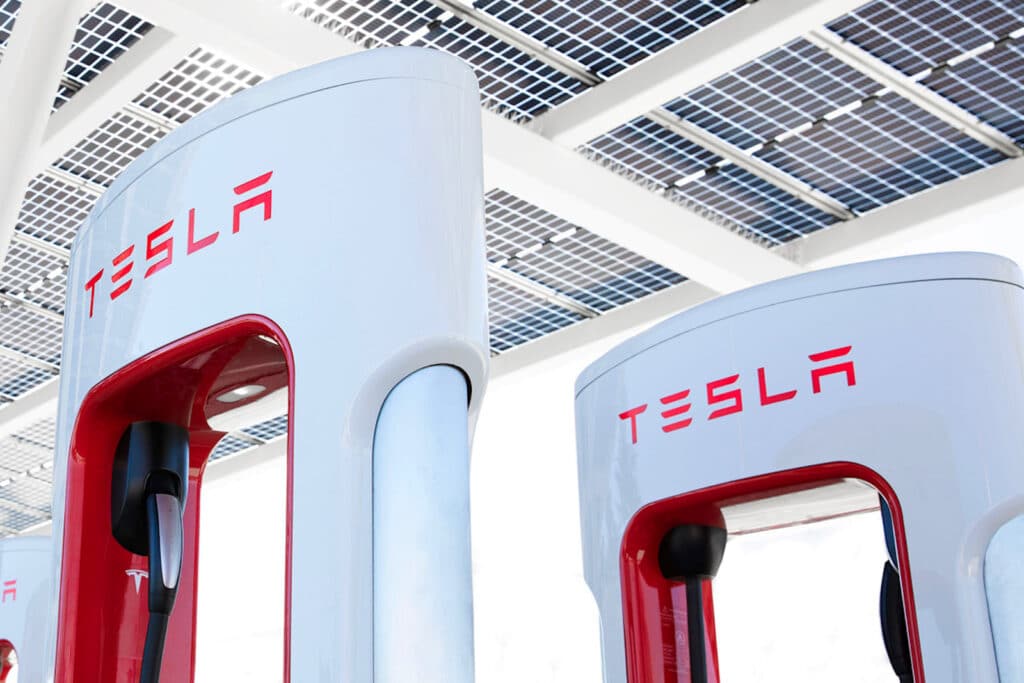
In China, the government’s threatened to restrict areas where the vehicles can go due to the cameras in use on the vehicle.
There have been issues in Germany with country’s environmental agencies that added a bit of a delay to opening the Gigafactory near Berlin as well as legal entanglements about the use of “Autopilot” as the name of its semi-autonomous driving technology.
However, in the U.S., Tesla is wrestling with state and federal safety regulators. The California Department of Motor Vehicles accused the EV maker of fraudulent advertising regarding its Autopilot and Full Self-Driving technologies.
The DMV complaint made with California’s Office of Administrative Hearings contends Tesla “made or disseminated statements that are untrue or misleading, and not based on facts, in advertising vehicles as equipped, or potentially equipped, with advanced driver assistance system (ADAS) features.”
In particular, California regulators take issue with the phrase, “The system is designed to be able to conduct short and long-distance trips with no action required by the person in the driver’s seat.” Ultimately, if the company’s found to be in violation of state law, it could lose its license to produce and/or sell vehicles California — it’s largest U.S. market.
Justice Department tussle
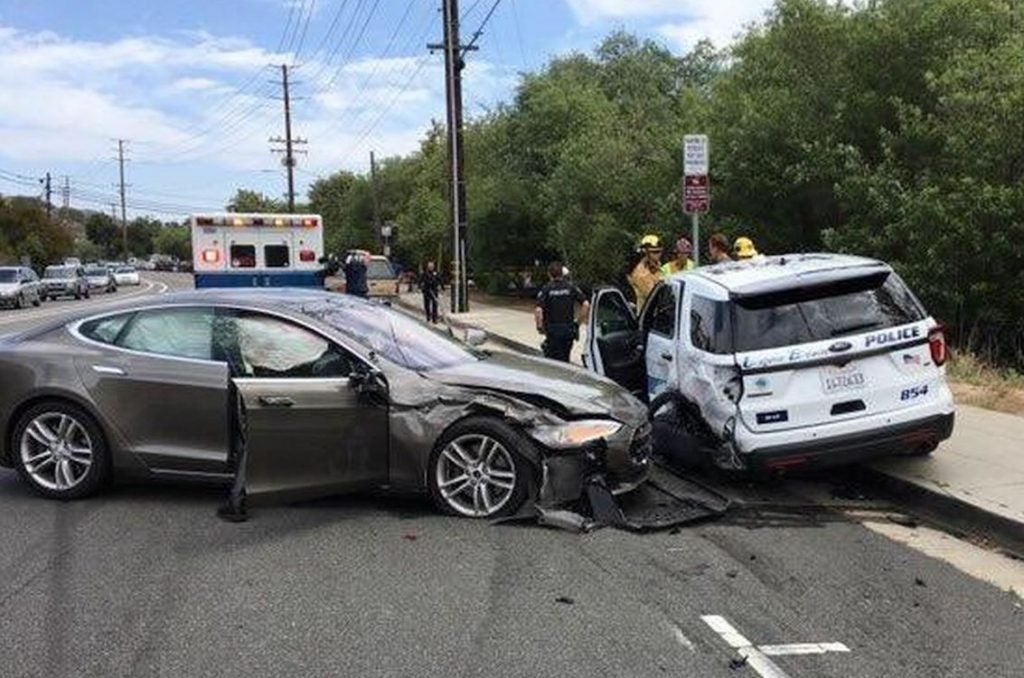
The U.S. Department of Justice opened an investigation into the Texas-based company in early autumn, regarding the company’s claims about the capability of Autopilot.
According to a Reuters exclusive report, which is based on information from unnamed sources at the Justice Dept., officials are investigating “whether Tesla misled consumers, investors, and regulators by making unsupported claims about its driver assistance technology’s capabilities.”
The probe could result in criminal liability as well as damage to certain civil cases currently underway. Reuters also notes two other DOJ investigations into Tesla are pending.
Class-action suits over Autopilot
Groups of unhappy Tesla owners have already banded together to sue the automaker over its claims. A lawsuit was filed in the U.S. District Court for the Northern District of California. In the suit, plaintiff Briggs Matsko alleges that Tesla and Musk intentionally “deceived and misled consumers regarding the current abilities of its (Autopilot and FSD) technology and by representing that it was perpetually on the cusp of perfecting that technology and finally fulfilling its promise of producing a fully self-driving car.”
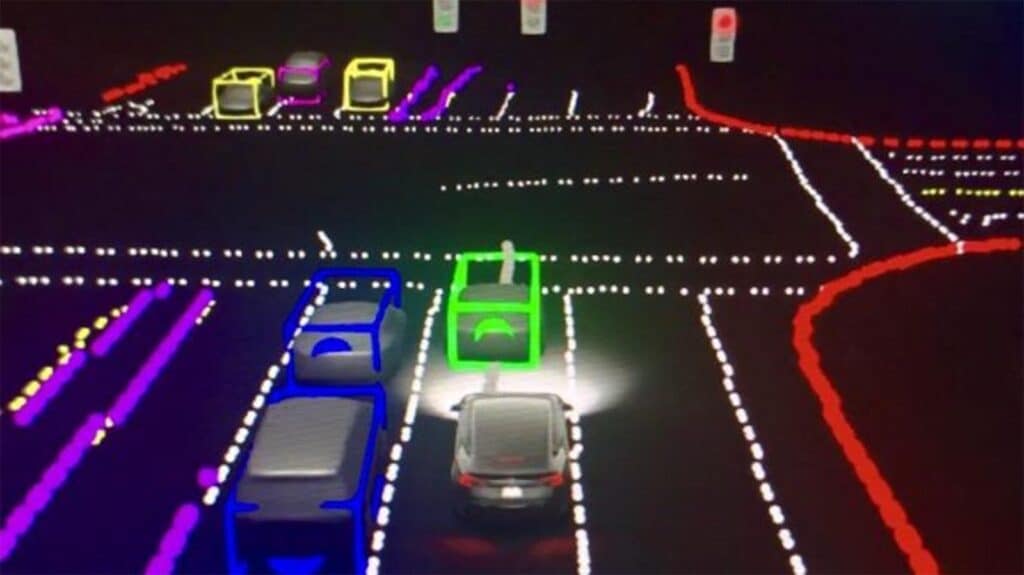
The lawsuit specifically refers to statements and tweets by Musk hyping the two systems. In 2019, for example, the CEO said 1 million Tesla vehicles would soon be capable of operating as robotaxis that owners could then use to make money.
“A year from now, we’ll have over a million cars with full self-driving, software … everything,” Musk declared, after making similar claims for nearly a decade.
A transcript of a January 2022 earnings call, meanwhile, saw Musk again promising that true autonomous capabilities were within a year to 18 months away from production:
“Full Self-Driving. So, over time, we think Full Self-Driving will become the most important source of profitability for Tesla. It’s — actually, if you run the numbers on robotaxis, it’s kind of nutty — it’s nutty good from a financial standpoint. And I think we are completely confident at this point that it will be achieved. And my personal guess is that we’ll achieve Full Self-Driving this year, yes, with data safety level significantly greater than present.”
In the class action lawsuit, Matsko and his attorneys counter, “Contrary to Tesla’s repeated promises that it would have a fully self-driving car within months or a year, Tesla has never been remotely close to achieving that goal.”
- SEO Powered Content & PR Distribution. Get Amplified Today.
- Platoblockchain. Web3 Metaverse Intelligence. Knowledge Amplified. Access Here.
- Source: https://www.thedetroitbureau.com/2023/01/south-korea-hits-tesla-with-2-2m-fine-for-range-exaggeration/
- 1
- 2019
- 2021
- 2022
- a
- abilities
- Able
- About
- Achieve
- achieved
- Action
- actually
- ADAs
- added
- administrative
- advanced
- Advertising
- After
- against
- agencies
- agency
- alleges
- and
- areas
- Assistance
- AUGUST
- autonomous
- autopilot
- based
- Beach
- become
- berlin
- BEST
- Bit
- california
- call
- cameras
- capabilities
- capable
- car
- cars
- cases
- Center
- ceo
- certain
- changing
- charge
- China
- claim
- claims
- class
- Class Action
- class action lawsuit
- Close
- commission
- Common
- company
- Company’s
- compared
- completely
- Conduct
- confident
- Consumers
- could
- Counter
- country’s
- Court
- Crash
- Crashed
- Criminal
- Current
- Currently
- Cusp
- data
- deal
- decade
- delay
- Department
- department of justice
- designed
- district
- district court
- DoJ
- driver
- driving
- Drop
- Early
- Earnings
- earnings call
- Electric
- electric vehicles
- environmental
- equipped
- estimates
- EV
- everything
- example
- Exclusive
- experience
- external
- fails
- fair
- Fair Trade
- Features
- Federal
- Finally
- financial
- fine
- found
- from
- FSD
- Fuel
- full
- fully
- gasoline
- Germany
- Go
- goal
- good
- greater
- Hit
- Hits
- How
- How To
- However
- HTTPS
- important
- in
- Including
- information
- intentionally
- investigation
- Investigations
- Investors
- issue
- issues
- IT
- January
- Justice
- Kind
- korea
- Korean
- largest
- latest
- Law
- lawsuit
- Lawsuits
- Legal
- Level
- liability
- License
- Long
- lose
- loss
- made
- make
- make money
- maker
- Making
- Market
- max-width
- Meanwhile
- million
- model
- money
- months
- more
- most
- Motor
- Musk
- name
- Near
- nearly
- Notes
- numbers
- offered
- Office
- online
- opened
- opening
- operating
- Other
- outside
- owners
- particular
- perfecting
- performance
- person
- personal
- plato
- Plato Data Intelligence
- PlatoData
- Point
- Police
- potentially
- power
- present
- probe
- produce
- Production
- profitability
- promise
- promises
- promising
- provide
- range
- recently
- refers
- regarding
- Regulators
- regulatory
- repeated
- representing
- required
- restrict
- result
- Reuters
- robotaxis
- Run
- Safety
- Said
- self-driving
- self-driving car
- self-driving technology
- sell
- Series
- several
- Short
- significant
- significantly
- similar
- simulation
- since
- single
- So
- Software
- some
- Soon
- Source
- Sources
- South
- South Korea
- specifically
- State
- Statement
- statements
- sue
- Suit
- system
- Systems
- Take
- Technologies
- Technology
- Tesla
- The
- their
- this year
- time
- to
- together
- trade
- Transcript
- true
- Tuesday
- tweets
- u.s.
- U.S. Department of Justice
- Ultimately
- Underway
- UNNAMED
- use
- vehicle
- Vehicles
- VIOLATION
- Weather
- Website
- which
- will
- within
- would
- year
- zephyrnet

